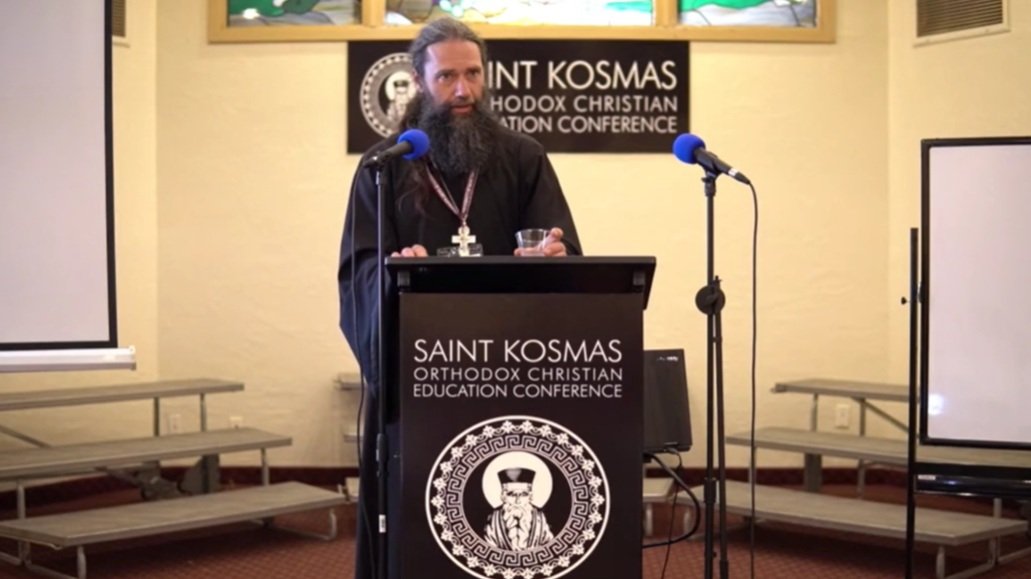The ideal of chastity is deeply challenged in our culture today. Develop an essay or speech that offers an apologetic to our culture as to why Americans should value chastity from an Orthodox perspective. Use concrete examples and draw from the wisdom of the Church in developing your position. Make sure to use Orthodox resources such as the Holy Scripture, the Church Fathers, and liturgical texts to support and develop your ideas.
St. Silouan the Athonite writes, "The spirit of obedience is necessary not only in monks but in everyone else, too. Even the Lord was obedient. The proud and those who are a law unto themselves prevent the indwelling of grace and therefore never know peace of soul; whereas the grace of the Holy Spirit enters with ease into the soul of the obedient, bringing joy and quiet."
Develop an essay or speech on what you think St. Silouan the Athonite means when he says these words in relation to our daily lives in families and living in the world as Orthodox Christians. Use concrete examples and draw from the wisdom of the Church in developing your position. Make sure to use Orthodox resources such as the Holy Scripture, the Church Fathers, and liturgical texts to support and develop your ideas.
As Christians, we are called to seek wisdom in our daily lives. In St. Paul's letter to the Corinthians, he writes,
For the word, that of the Cross, on the one hand, to those who are perishing is foolishness, but on the other hand, to us who are being saved, it is the power of God. For it hath been written: “I will destroy the wisdom of the wise, and will set at nought the comprehension of the intelligent.” Where is the wise? Where is the scribe? Where is the disputer of this age? Did not God make foolish the wisdom of this world? For since in the wisdom of God, the world knew not God through its wisdom, it pleased God through the foolishness of the preaching to save those who believe. For indeed, Jews seek for a sign, and Greeks seek wisdom; but we proclaim Christ Who hath been crucified, to Jews, on the one hand, a stumbling block, and to Greeks, on the other hand, foolishness, but to those who are called, both Jews and Greeks, Christ, God’s power and God’s wisdom. Because the foolish thing of God is wiser than man, and the weak thing of God is stronger than man. (I Corinthians 1: 18-25)
Further, at the feast of Pentecost, we chant, "Blessed art Thou, O Christ our God, Who hast shown forth the fishermen as supremely wise by sending down upon them the Holy Spirit and through them didst draw the world into Thy net. O Befriender of Man, glory be to Thee!"
In light of this Biblical passage from the Apostle Paul and the hymn of Pentecost cited above, develop an essay or speech articulating how the Orthodox Church understands wisdom and how such an understanding differs from the wisdom of this world. Further, make sure to include why this distinction is important in our daily lives. Make sure to use Orthodox resources such as the Holy Scripture, the Church Fathers, and liturgical texts to support and develop your ideas.





















